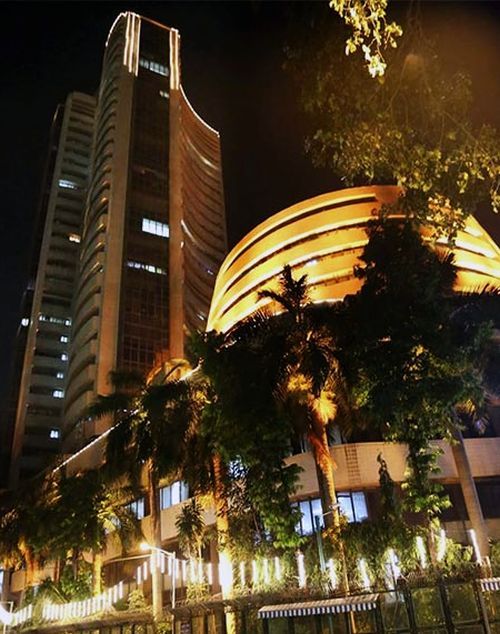
Most public sector bank stocks have gained ground since Friday, after the government decided to infuse Rs 70,000 crore in these state-run entities over the next four years.
The first tranche of Rs 10,000 crore (Rs 100 billion), reports suggest, will be provided to banks that are financially weak.
State Bank of India, Bank of Baroda, Bank of India, Punjab National Bank, Canara Bank and IDBI Bank will be provided capital in the second tranche, while the third tranche will be provided to banks based on their performance during the past three quarters of FY16.
Following the announcement, the CNX PSU Bank index has rallied 8.7 per cent in the past two sessions compared to 1.5 per cent rise in the CNX Nifty.
Union Bank of India, Canara Bank and IDBI Bank have moved up 10-14 per cent during this period, while BoB, SBI, Allahabad Bank and PNB rallied 2.5-10 per cent.
Investment strategy
Given the development, should you invest in stocks these banks?
While the move to recapitalise is in the right direction, analysts say there is still no visibility of earnings improvement.
Explains Vaibhav Agrawal, vice-president (research -- banking) at Angel Broking: “PSBs need capital and this move is a step in the right direction.
"But one must also understand that the banks need this money to cover for their non-performing assets -- existing and what could come up over the next two-three quarters.
"Thus the problems are not yet over and this capital would be required to clean up their books.”
“There is still no visibility that the banks will be able to return to a situation where they can give, say, 15 per cent return on equity.
"That apart, they'll still not be fully capitalised. Investors should look to buy a profitable entity.
"Just because an entity is not making money but is trading at a cheap valuation, does not generate a strong fundamental reason to buy the stock. Recapitalisation is an incremental step, but a lot more needs to happen before they become convincing fundamental buys,” Agrawal adds.
A recent report by UBS suggested state-owned banks to have a relatively higher share of immovable property-backed loans as compared to private banks such as ICICI Bank, HDFC Bank and IndusInd Bank.
According to the report, the percentage of such loans for SBI stood at 35 per cent, for PNB at 36 per cent and BoB at 43 per cent.
Government capital allocation begets growth strategy reset at the banks, point out Nilanjan Karfa and Anurag Mantry of Jefferies, who will need to closely track which loan segments they need to cater, based on their core competence, capital usage (risk weights) and risk profile of customers, among others, to improve on the profitability ratios (return on assets and equity) while at the same time conserve as much capital as possible.
Dhananjay Sinha, head of research, economist and strategist at Emkay Global Financial Services, sees little scope for significant valuation upsides in banking stocks.
“Slower-than-past business growth, limited scope for margin expansion and the likelihood of restructured loans defaulting could keep valuations modest.
"Additionally, the slowdown in the rural segment could lead to rising defaults/ loan waiver demand in agricultural loans, to which PSU banks remain vulnerable.
"We remain cautious on all public-sector banks,” he said in a recent report.
Strategy-wise, G Chokkalingam, founder and managing director, Equinomics Research & Advisory, differs and suggests it is an appropriate time to accumulate these stocks.
“Firstly, the NPA cycle is peaking out for many of them.
"Secondly, the interest rate cycle is headed towards further significant downward correction.
"One should pick up PSU banking stocks, which have net NPA below 2.5 per cent, strong double-digit credit growth and also available at 10 per cent to 20 per cent discount to adjusted book value,” he notes.










